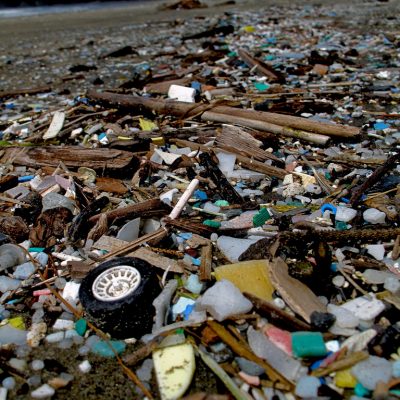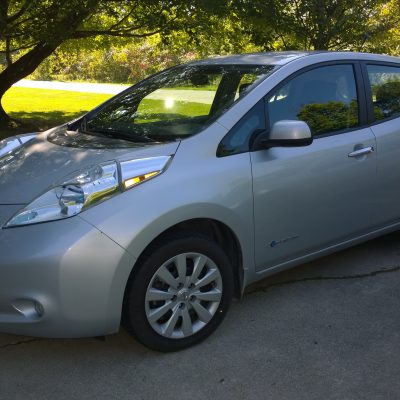Reduce your carbon “pawprint.” Our four-legged furry friends’ consumption of meat is costly in terms of climate change. The production of one kilogram of beef results in 1,000 kilograms of CO2 entering the atmosphere. The annual eating patterns of dogs and cats in the U.S. have the same impact as driving 13.6 million cars for a year.
Editor’s note: An article in Science Daily suggests avoiding premium pet foods that pamper animals with cuts of meat that could be used to feed humans. It also suggests choosing vegetarian pets. Before adding a dog or cat to the family, consider what you hope to gain from the animal and whether these needs can be met in a different way.
Reuse, recycle or compost 90% of household garbage: The Environmental Protection Agency (US) sponsors a Gameday Recycling Challenge for universities aiming to make football games zero waste events. Schools that divert 90% or more of waste from a football game are named on a Zero Waste Wall of Fame. Can we take this as a personal challenge? Does your household reuse, recycle or compost 90% of its garbage?
These challenges are based on tips by Carole Suderman, Boulder Mennonite Church, Boulder, Colo. Carole has been offering her congregations challenges like these for the past 20 years. Tips are adapted for a broader audience.



